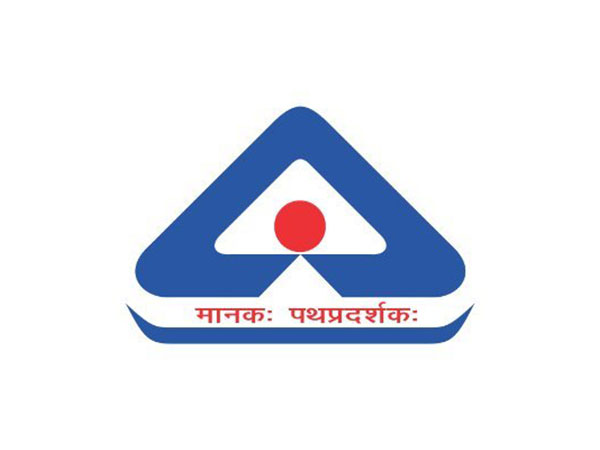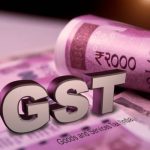New Delhi : In its endeavour to advance standardisation, the Bureau of Indian Standards (BIS) has formed a new department for standardisation, the Ministry of Consumer Affairs, Food & Public Distribution said in a statement on Tuesday.
This department will focus on the standardisation of the issues related to the environment and ecology. The ministry has named it as Environment and Ecology Department (EED).
On August 12, the BIS organised a workshop on ‘Standardization for Environment and Ecology’ to set a strong foundation for the future activities of the newly founded department.
Pramod Kumar Tiwari, Director General, BIS, during his opening address, said, “With the new Environment and Ecology Department, we are not just fulfilling the requirement for the best standards but building a comprehensive plan of action that addresses all ecological needs.”
He further said that the Bureau aims to create standards for India and the world. He informed that BIS will host seminars in the next two months with the vision of becoming a leader in environmental standardisation and setting benchmarks in global sustainability.
Leena Nandan, Secretary, of the Ministry of Environment Forestry and Climate Change (MOEFCC), who was a Chief Guest at the workshop during her address, said, “When we talk about standards, the most important are interactions between experts and consultants with all concerned stakeholder groups.”
She further emphasised the importance of collaboration between BIS, the Ministry of Environment & Forests and other stakeholders to bring out standards on a diverse range of matters affecting the larger society.
Such collaborations will be effective in areas like ECO-Mark, standards and practices relating to sustainably grown wood, Blue Flag beaches, etc.
Over 100 experts from different parts of the country participated in the workshop, according to the ministry.
The Bureau of Indian Standards (BIS) is the National Standard Body of India. BIS is responsible for the harmonious development of the activities of standardisation, marking and quality certification of goods and for matters connected therewith or incidental thereto.
It ensures that goods meet certain criteria to protect consumers and promote trade. In its recent move to ensure safety in the electric vehicle (EV) sector, the bureau introduced two new guidelines for the L, M, and N categories.
L refers to two-wheelers, while the M and N categories correspond to four-wheelers and goods trucks, respectively.
(With inputs from ANI)
















